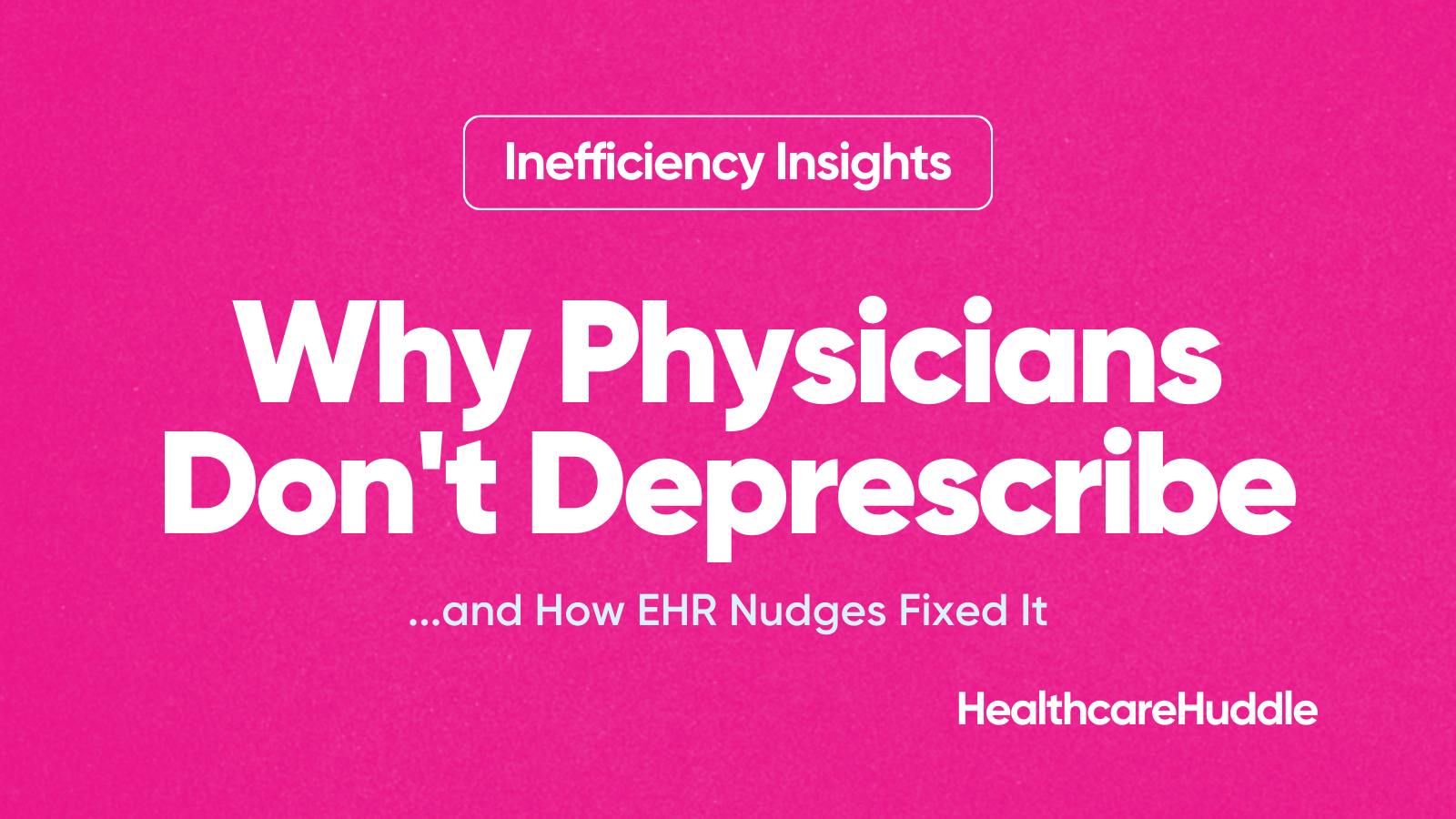My new course officially starts TODAY: How Healthcare Really Works. It’s a crash course in the money, power, and systems shaping modern medicine. It’s also the course I wish I had before starting my journey in medicine.
Why This Course Exists
You can be an excellent clinician and still feel completely lost when it comes to how hospitals get paid, why drug prices are so high, or what the heck a PBM is.
In training, we’re told to “focus on the medicine.”
But in the real world? Medicine isn’t just medicine — it’s shaped by money, policy, tech, and incentives we rarely understand.
This course breaks all of that down.
What the Course Covers
This isn’t your typical dry lecture series. These are fast, whiteboard-style videos explaining the systems behind the care we deliver every day.
Topics include:
How hospitals make money (and why your pneumonia admission barely covers costs)
How the drug supply chain actually works — and who profits
Why U.S. drug prices are so high
What happens when AI enters the exam room
Why physicians are employed by corporations — and how private practice might be making a comeback
How large language models are built and deployed in healthcare
And more.
What Makes This Different
It’s made by a physician — someone who’s been on the wards, confused by the same stuff you are.
It’s short and visual — no 50-slide decks. Just real talk, drawn out and broken down in real time.
It’s actually useful — you’ll understand the incentives behind care, not just the protocols.
Whether you’re a med student, resident, attending, or healthcare operator — this course gives you the mental model you need to navigate the U.S. healthcare system.
Enrollment Details
Launch Date: July 1, 2025
You also have the option to get full access to this course and all future HuddleU courses by upgrading to Huddle+.
Final Thoughts
Healthcare isn’t just about clinical skill. It’s about understanding the system you’re working in.
If you’ve ever asked:
“Why are we doing it this way?”
“Who makes money off this?”
“How do I even explain this to a patient?”
Keeping it simple,
Jared






